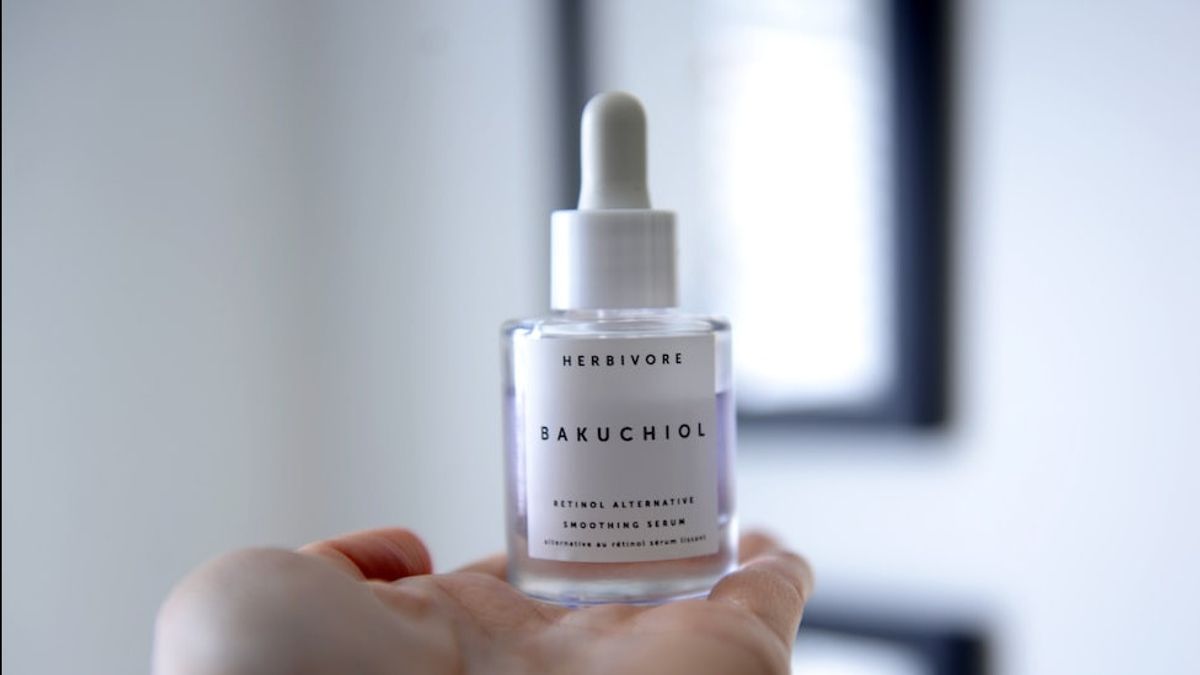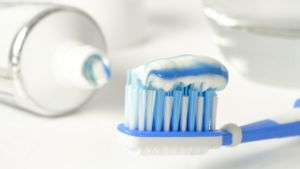YOGYAKARTA The use of retinol in the beauty world seems to be shiftable. The reason is that a new substance named bakuchiol appears which is said to have effects such as retinol but with less impact. Then what are the differences between bakuchiol and retinol?
Quoted from AI Care, the retinol compound is a derivative of vitamin A which is widely used in skincare products. Retinol itself has the benefits of dealing with acne to inhibit signs of aging in the face. Unfortunately, the use of retinol in the long term turns out to trigger negative effects on the skin such as redness, irritation, itching, skin so scaly, dry, and peeling.
Currently, there is a lot of discussion about the alternative to retinol, namely bakuchiol. The material is made of plants so that it has fewer side effects than retinol. In fact, bakuchiol can also be used on sensitive skin.
In a study conducted in 2019, the results of the treatment carried out with retinol and bakuchiol turned out to be not much different because they were both able to overcome wrinkles. However, retinol users will experience side effects in the form of a tenuous taste. Unlike the bakuchiol in its use, the user does not feel the same side effects.
Although it has the same benefits, there are several differences between retinol and bakuchiol. From the material side, bakuchiol comes from babchi plants, while retinol is a chemical compound. The fundamental difference between these two substances certainly affects the rules of use. Retinol compounds are not recommended to be used for a long time because they are prone to certain side effects.
اقرأ أيضا:
In addition, the use of retinol must also be adjusted to the user's condition. For example, retinol is better avoided temporarily in pregnant or lactating women. This recommendation does not apply to bakuchiol which is claimed to be safe and can be used daily. However, you are advised to consult a beauty doctor and a dermatologist.
Bakuchiol is said to be more resistant to sunlight so it is not easily degraded. This means that bakuchiol can be used during the day or night. Meanwhile, retinol turns out to be different. The compound is only recommended at night to avoid sunlight degradation.
In addition, bakuchiol can also be used on sensitive skin so that it can help prevent acne and prevent aging. In contrast to retinol, which in use in sensitive skin must be supervised by a doctor.
Retinol itself is indeed effective in disguising wrinkles and brightening the skin because it is able to increase skin cell changes. This process can trigger side effects such as burning, pungent, peeling, reddening, and so on. In contrast to bakuchiol which is widely said to have no effect as retinol in the skin.
That's information related to the differences in bakuchiol and retinol. The public is advised to consult a doctor to ensure the safety of the use of these two substances. To get other interesting information, jujugi VOI.ID.
The English, Chinese, Japanese, Arabic, and French versions are automatically generated by the AI. So there may still be inaccuracies in translating, please always see Indonesian as our main language. (system supported by DigitalSiber.id)

















